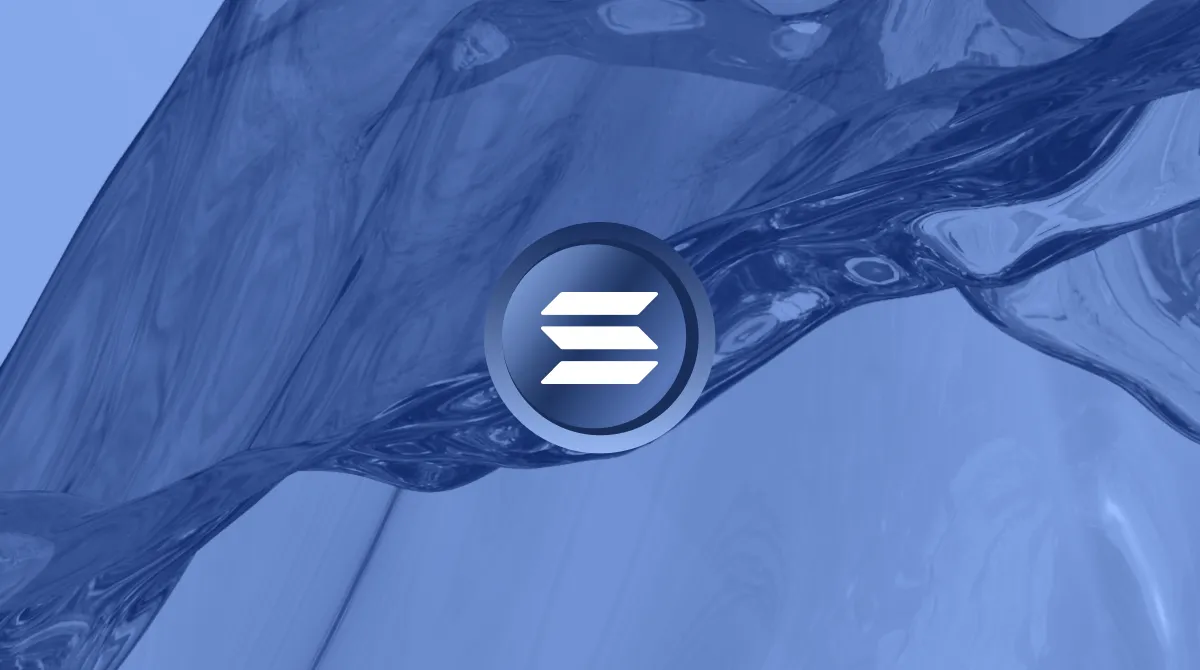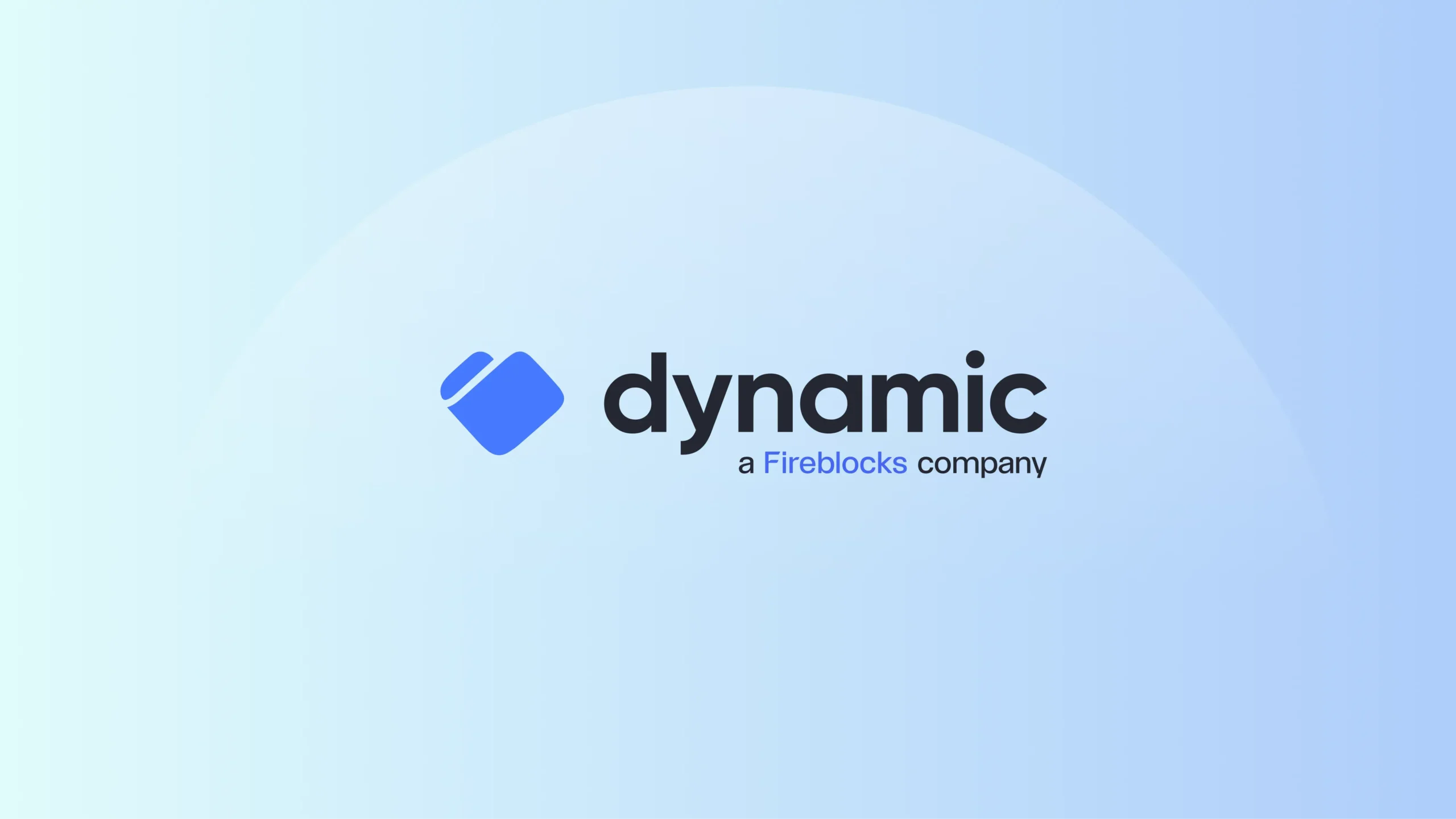
Benefits at a glance
Security & Compliance
Enterprise-grade MPC wallet infrastructure, secure transaction authorization, and advanced key management
Seamless Onboarding
Fireblocks provides APIs and tools that simplify the onboarding process for financial institutions
Comprehensive Infrastructure
Enable seamless custody, transfer, and settlement of stablecoins
About Solana Foundation
My name is Sheraz Shere. I’m the General Manager of the Payments and Commerce vertical at the Solana Foundation. Solana, as a blockchain, was built to address some of the challenges with earlier iterations of blockchains that were great, but slow and didn’t scale. One of the unique things about the Solana blockchain is that it was built for speed, throughput, and scalability, which is the infrastructure you need for the future of finance. So that is a big area of focus for the Solana ecosystem and where we’re seeing a lot of traction.
My focus is on the payments vertical. It’s a really exciting time with the growth of stablecoins and broader institutional adoption of stablecoins for payments. And everything from small developers and startups to the biggest payments companies in the world that are leveraging Solana’s speed and scalability. So, that’s been super exciting to see.
Anytime you’re taking assets or money from one market to another, you have a complex set of hops that involve correspondent banks and delays and time and cost. Whether it’s a remittance use case where it’s just somebody sending money to their family, or a B2B use case where it’s a fintech trying to settle with another bank or a fintech, or a payout, eg, a contractor getting paid out for work they’re doing in a marketplace. In all those use cases, there’s a lot of growth in stablecoins, and a lot of startups and large enterprises that are looking at this as just a better way to move money.
The Solana and Fireblocks Partnership
In and of itself, Solana is just a blockchain. You need an application layer and you need enterprise grade, tooling and infrastructure. What’s been incredible to work with Fireblocks is that Fireblocks really understands the enterprise customer. It’s very easy in these conversations where large enterprises are interested in experimenting or maybe doing pilots or maybe building impactful use cases, to have a partner like Fireblocks to provide that same level of security and reliability and functionality that they’re used to dealing with on a day to day basis in their regular, more traditional kind of rails that they work with.
Because of Fireblocks’ track record with large enterprises there’s a level of trust and comfort that the companies that we talk to have. So, I would say in general, we try to have a little bit more of the pie in the sky conversations, the art of what’s possible.
And then the great thing about Fireblocks is that they can come in and ground it into the reality and bring in some of the considerations about how is security going to be handled? How are compliance requirements going to be fulfilled with some of these pie in the sky use cases? So it’s a great partnership. We do have a lot of joint discussions with mutual customers to talk about some of these use cases.
So, again, starting with the big picture, but then getting down to actual implementation details, which is where Fireblocks is a great partner because you guys can actually bring it to life for an enterprise that has a whole set of constraints that that I don’t have to worry about because I’m just an evangelist for the blockchain but the people that are actually doing the work need to think about. So it’s a great compliment – the big picture and then the reality of implementation.
The Starting Point for Payments Companies
For a lot of institutional players, their first foray is just basically holding digital assets. In some cases, it’s part of, like, for treasury management. But if you look at a PSP or a payments service provider who’s not really in the business of holding assets but more just moving money from A to B, in that case, it goes sort of directly into the use case. So, in general, it varies what everyone’s sort of journey is.
